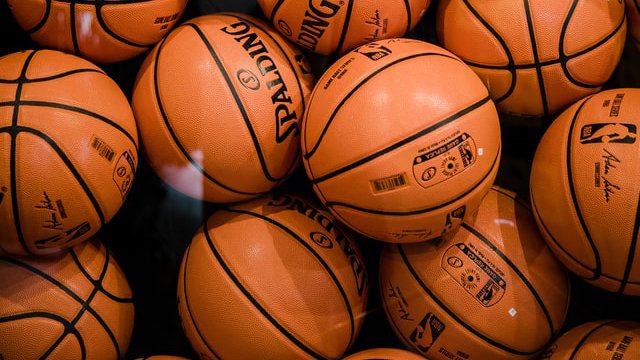After this past weekend, only two teams remain in the 2020-21 NBA Playoffs: the Milwaukee Bucks and the Phoenix Suns. On one hand, the Suns have a chance to make history by winning their first-ever championships. On the other, the Bucks haven’t been to the NBA Finals since 1974, so this return has been a long time coming.
As usual, the NBA Finals attract a lot of sports bettors who want to add some extra excitement. However, it can be a lot to unpack if it’s your first time. That’s why this guide is here to help you with everything you need to know about betting on the finals.
Bucks vs Suns Schedule
- Game 1: Tuesday, July 6 — MIL vs PHX, 9 p.m. EST
- Game 2: Thursday, July 8— MIL vs PHX, 9 p.m. EST
- Game 3: Sunday, July 11 — PHX vs MIL, 8 p.m. EST
- Game 4: Wednesday, July 14 — PHX vs MIL, 9 p.m. EST
- Game 5*: Saturday, July 17 — MIL vs PHX, 9 p.m. EST
- Game 6*: Tuesday, July 20 — PHX vs MIL, TBD
- Game 7*: Thursday, July 22 — MIL vs PHX, TBD
* If game is necessary.
All scheduled NBA Finals games can be viewed on ABC.
Odds to Win 2020-21 NBA Finals
Odds via Bovada as of Monday, July 5
- Finals moneyline odds: Bucks (+150) vs Suns (-170)
- Most likely outcome: Suns in 5 or 7 (both +350)
- NBA Finals MVP: Chris Paul (+150)
Complete NBA Finals odds available at Bovada.lv.
How to Bet on the NBA Finals
Now that you’ve seen some of the odds, you may be wondering how you can wager on who’ll win the NBA Championship. Fortunately, there are a ton of options when it comes to betting on the final round of the playoffs. First of all, the most important thing you need to do is sign up for a sportsbook. The good news is that we live in a society where there are plenty of online options to choose from, whether you’re looking for one of USGS’ trusted partners or one of your own preferences.
Once you’ve signed up, you can start betting. However, you may notice a lot of different markets that you’re unfamiliar with. Here’s a look at some of them.
- Moneyline: Choosing the outright winner of a matchup. For example, betting on who’ll win Game 1 straight up is a moneyline bet.
- Spread: Either the Bucks or Suns will be favored to win each game of the NBA Finals by a certain amount of points. You then have to choose whether they’ll be successful or not.
- Futures: Choosing the winner of a market before it happens, such as choosing who’ll win NBA Finals MVP.
- Prop bets: Unique markets that don’t necessarily have to do with the outcome of a game or series. It can be anything as simple as choosing how many points Devin Booker will have in Game 3.
Every market comes with odds that indicate how much you can win if you’re correct. If the odds have a positive sign (+), that’s how much money you can win per $100 bet.
- Example: +430 odds = You win $430 if you bet $100
If the odds have a negative sign (-), that’s how much you have to bet to win $100.
- Example: -350 odds = You win $100 if you bet $350
Frequently Asked Questions
Is there a limit to how much I can wager on the NBA Finals?
Yes! Most sportsbooks regulate how much money bettors can wager. Some sportsbooks have pages on their sites where you can find these limits. However, if you’re ever betting too much, a prompt will appear on the screen to let you know that it’s an invalid bet.
I’ve never bet on sports before. Which market should I start with?
While each bettor has their own preferences, future markets are typically the easiest to start with. All you have to do is pick a team or player, sit back and relax. Once you start figuring out how the industry works, feels free to try other markets.
Will betting odds for the NBA Finals change?
Yes! Betting odds are constantly changing and are affected by game outcomes and injuries. While the Suns are favored to win the NBA Finals now, anything could change as early as Game 1. That’s why it’s always important to research what’s going on before putting your money down.




